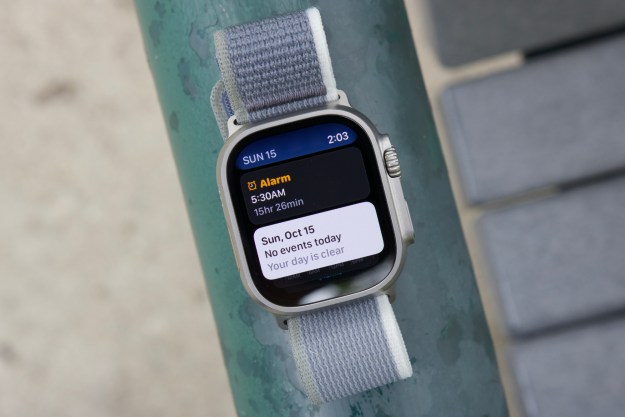 Qualcomm is finding its options dwindling in the fight to be able to import phones bearing chips that infringe on another company’s patent. Qualcomm had appealed to the U.S. International Trade Commission to put its June 7 ban on hold. Last Thursday the Commission refused. The order will become finalunless vetoed by July 6 by the U.S. Trade Representative. Qualcomm has lobbied the Bush administration for help, but without success so far. Now it has to hope fora stay from the appeals court. At the heart of the matter is an order that stops Qualcomm importing phones it’s made containing chipsets that have been found to infringe the patent ofanother company, Broadcom. It only applies to 3G phones brought into the country after June 7, not raw chips not in handsets, or handsets the company wasimporting prior to the ban. There’s a strong possibility that Qualcomm will have to reach some kind of agreement with Broadcom over the issue. Broadcom General Counsel David A. Dullsaid, “Broadcom simply wants to be adequately compensated for the use of our intellectual property and to be able to compete fairly in the cellular markets.” Qualcommisn’t the only one asking for a White House veto of the ban. The cellular industry association, CTIA, has also called for one, stating the ban wouldremove incentive for carriers to offer next-generation services. The federal appeals court, where Qualcomm is testing the decision, has requested that the ITC respond by the end of June. Ifnone id forthcoming, it will ratchet up the pressure on Qualcomm to settle with Broadcom. However, even then, all might not be lost. The White House has 60 days in which to veto the order.
Qualcomm is finding its options dwindling in the fight to be able to import phones bearing chips that infringe on another company’s patent. Qualcomm had appealed to the U.S. International Trade Commission to put its June 7 ban on hold. Last Thursday the Commission refused. The order will become finalunless vetoed by July 6 by the U.S. Trade Representative. Qualcomm has lobbied the Bush administration for help, but without success so far. Now it has to hope fora stay from the appeals court. At the heart of the matter is an order that stops Qualcomm importing phones it’s made containing chipsets that have been found to infringe the patent ofanother company, Broadcom. It only applies to 3G phones brought into the country after June 7, not raw chips not in handsets, or handsets the company wasimporting prior to the ban. There’s a strong possibility that Qualcomm will have to reach some kind of agreement with Broadcom over the issue. Broadcom General Counsel David A. Dullsaid, “Broadcom simply wants to be adequately compensated for the use of our intellectual property and to be able to compete fairly in the cellular markets.” Qualcommisn’t the only one asking for a White House veto of the ban. The cellular industry association, CTIA, has also called for one, stating the ban wouldremove incentive for carriers to offer next-generation services. The federal appeals court, where Qualcomm is testing the decision, has requested that the ITC respond by the end of June. Ifnone id forthcoming, it will ratchet up the pressure on Qualcomm to settle with Broadcom. However, even then, all might not be lost. The White House has 60 days in which to veto the order.
Editors' Recommendations
- Forget about the TikTok ban; now the U.S. might ban DJI
- Qualcomm is about to make cheap Android phones better than ever
- Robocalls using AI-powered voice-cloning tech banned by U.S. agency
- The Apple Watch ban is over … kind of
- The 6 best Apple Watch alternatives, now that it’s banned




